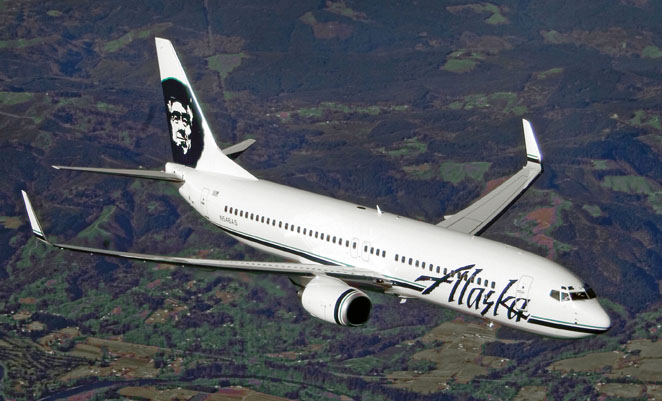
The US Federal Aviation Administration (FAA) has issued an emergency airworthiness directive for Boeing 737 aircraft, warning of potential corrosion issues on planes that have been parked amid the COVID-19 pandemic, which could lead to a dual engine failure.
The directive was issued for more than 2,000 Boeing 737 “Next Generation” and “Classic” aircraft registered in the US, including all Boeing 737-300, -400, -500, -600, -700, -700C, -800, -900 and -900ER series aeroplanes.
Following “four recent reports” of single-engine shutdowns on 737 aircraft, investigators reportedly found that the plane’s “engine bleed air fifth stage check” valves had the tendency to stick in the open position.
“If this valve opens normally at take-off power, it may become stuck in the open position during flight and fail to close when power is reduced at top of descent, resulting in an unrecoverable compressor stall and the inability to restart the engine,” the FAA said.
This fault was reported to be as a result of corrosion, caused by the plane remaining grounded for a period of seven or more straight days.
The airworthiness directive also noted that corrosion of this kind on the valves of both engines could result in a “dual-engine power loss without the ability to restart”.
The FAA has encouraged all owners and operators of the affected 737 aircraft to inspect the engine valves of each engine, and to replace any that do not pass inspections.
Boeing stated it had also advised owners and operators to inspect their planes, particularly “with airplanes being stored or used infrequently due to lower demand during the COVID-19 pandemic, the valve can be more susceptible to corrosion”.
The manufacturer also said it is providing inspection and replacement information to fleet owners, should they find an issue.
Alaska Airlines single-engine failure
A recent Alaska Airlines 737-800 is likely to be one of the four incidents that prompted the directive, after the aircraft suffered a single-engine failure close to its destination airport in Austin, Texas.
AS-1146 was flying from Seattle-Tacoma International Airport to Austin-Bergstrom International Airport on 15 July, when the crew reported a single-engine failure to Austin Air Traffic Control prior to its landing at the airport.
“The safety of the flight was not compromised,” Alaska said in a statement, adding that the airline is now inspecting the check valves before returning planes to service.
Notably, the aircraft had only been inactive for six days prior to the incident.










